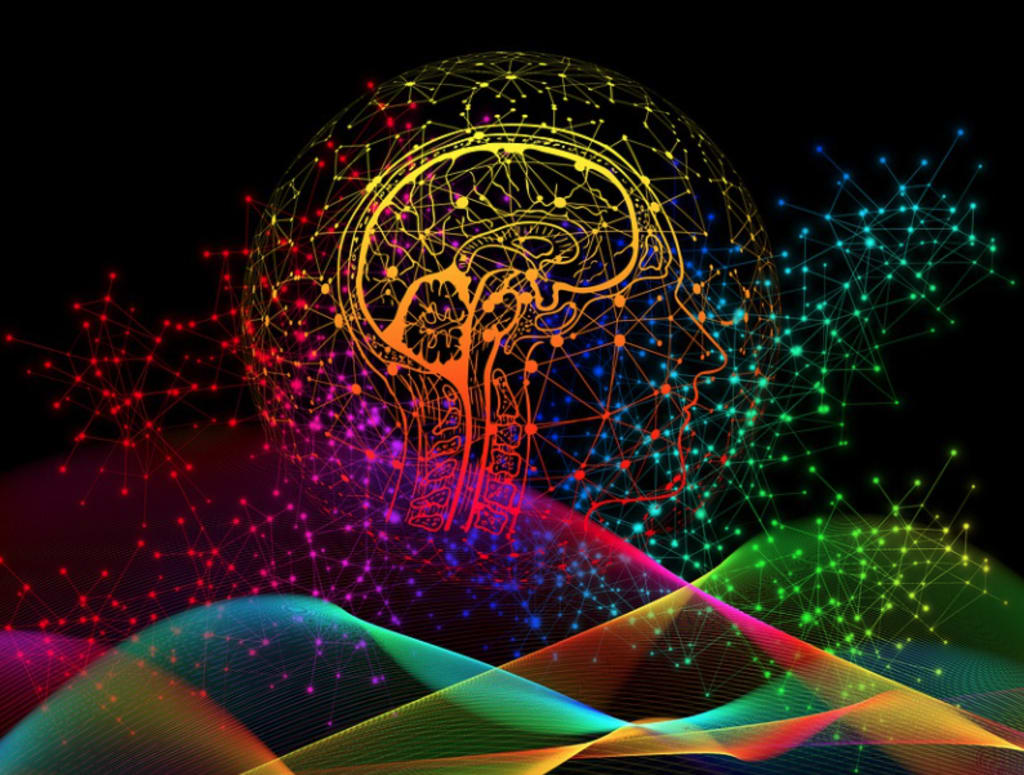
We humans are all animals. Mammals to be more specific. We’ve spent a very long time pretending that we’re not, that we’re something, well, different. And we are different from other animals because of our abilities to socialize, collectively organise and perhaps most importantly, create and transmit culture. Our brains too, it turns out, have evolved faster than any other animal. But we are still animals. And this is causing us some adaptation challenges in our digital age. Specifically with regard to time and space.
You’ve just spent a day hiking an amazing new wilderness trail. Breathing in the loamy scent of the woods, perhaps wading across a swiftly moving stream. Eating lunch on a large rock by a lake, listening to nature. You had your smartphone with you, but only for emergencies, maybe a few pictures. But largely, you were unplugged. You feel great.
It’s the end of another workday. You worked from home, but your brain is frazzled. Four video meetings and hours pulling a report together, moving across apps, pulling it all into a slide deck or a spreadsheet. Popping in and out of Slack channels, moving cards around in Jira, answering emails. Messaging on your smartphone. You even had a couple times where it seemed like your brain “blinked” for a second. It probably did. It’s called an attentional blink and is actually your brain doing a hard reset. Because of cognitive overload.
This is how we live in todays phygital world where physical and digital have come together. Sometimes nicely, sometimes not.
Our digital technologies, while of great benefit and being very useful to many aspects of our daily lives, are also creating new pressures on ourselves, cultures and communities. This isn’t bad. It just is. As has been said; first we shape technology, then it shapes us.
The two big challenges for our brains and where we are figuring out how to adapt, have in part, to do with time and space. Digital communications tools have always placed a demand of speed on us. While in many ways, eliminating space or place. We feel obliged to respond to emails, texts and messages almost immediately. Events and activities in the real world are fixed in terms of time and place. We send emails, messages, tweets and off they go into cyberspace. We do not have to be physically present when the recipient gets them. Which could be half way around the planet and several time-zones away. The physical world moves slower.
Our brains have adapted to life in the physical world over thousands of years. Life did speed up with the introduction of sailing vessels and horse drawn carts, then cars and planes, radio and telephone. Our brains, interestingly enough, were larger hundreds of thousands of years ago. Mostly, scientists believe, because we had to keep track of a lot more things to survive; listening and looking constantly for predators who thought we made for a nice snack before bedtime. Being a-tuned to weather, the movement of grass and shrubs and so on. As these threats subsided because we adapted, our brains became a bit smaller.
Humans long ago, very long ago, somehow realized that biological adaptation however, was too slow for our survival. Our brains played a key part. They evolved faster than other animals and because our brains are more malleable, we developed culture. And we communicate culture as a survival mechanism. Culture is the knowledge we use to navigate our lives.
But digital technologies, especially ones that impact our cognitive abilities, like social media, software and smartphones, are placing new cognitive demands on our brains that we’ve not experienced for hundreds of thousands of years. In a sense, as we enter the Cognitive Age, our brains are facing new adaptation challenges.
We now live in two worlds. We’ve never had to do that before. We know how to manage time and space in the physical world, but not as well in the digital world. This is placing new cognitive stresses on us. The symptoms are being exhausted at the end of the day from using so many different software apps and services, device notifications. We have to process more information, faster, in more places and spaces, than ever before.
It’s why we talk about a digital detox, of going into the woods and turning everything off. It’s why we’re slowly teaching each other how to behave online, developing the rules of play in our digital lives. It’s why in the Canadian province of Ontario, the government brought in the “Right to Disconnect” law recently so employers can’t force employees to deal with emails after work hours.
All of these are ways that we are learning and teaching each other, about living in two worlds at the same time. The science shows however, that we will more than likely be able to adapt in the Cognitive Age. How exactly, remains to be seen and something I’m exploring. But as we develop technologies like Artificial Intelligence and robots, we will learn to adapt and integrate them into our cultures and societies. There will be, already have been, bumps along the road, but it is our nature. Evolution has favoured our brains and their ability to evolve. Culture has enabled us to adapt. How we go about it is the interesting part.





Comments
Annee is not accepting comments at the moment
Want to show your support? Send them a one-off tip.